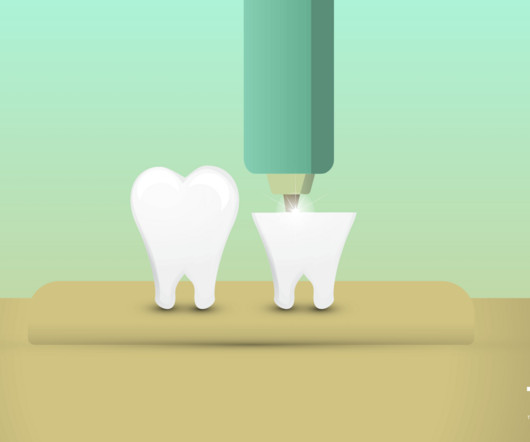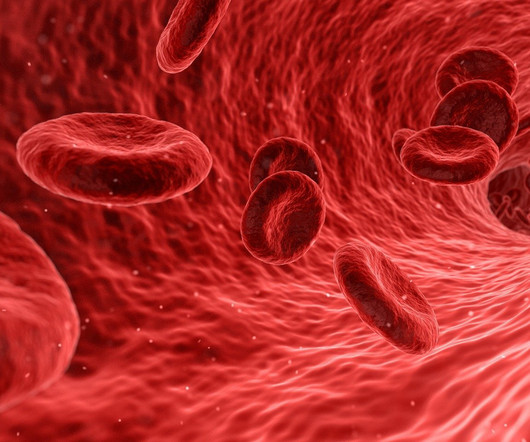9 Technologies That Will Shape The Future Of Dentistry
The Medical Futurist
JUNE 17, 2025
For dentists, it’s transforming diagnosis, decision-making, and treatment planning. Orthodontics: planning the perfect smile Creating the ideal orthodontic treatment plan (braces and Co.) AI models help orthodontists create the best treatment plans, and predict how the result will look like.



















Let's personalize your content